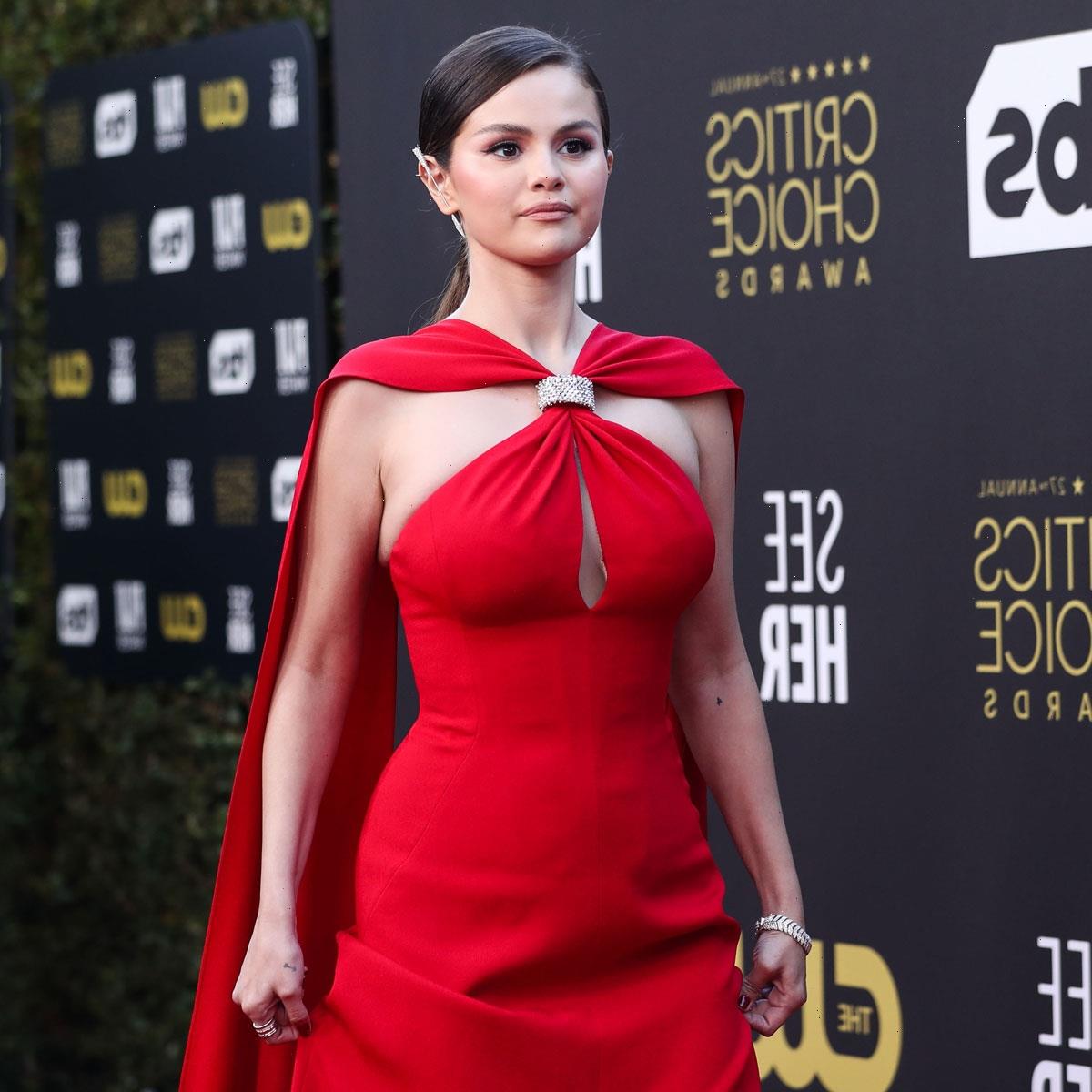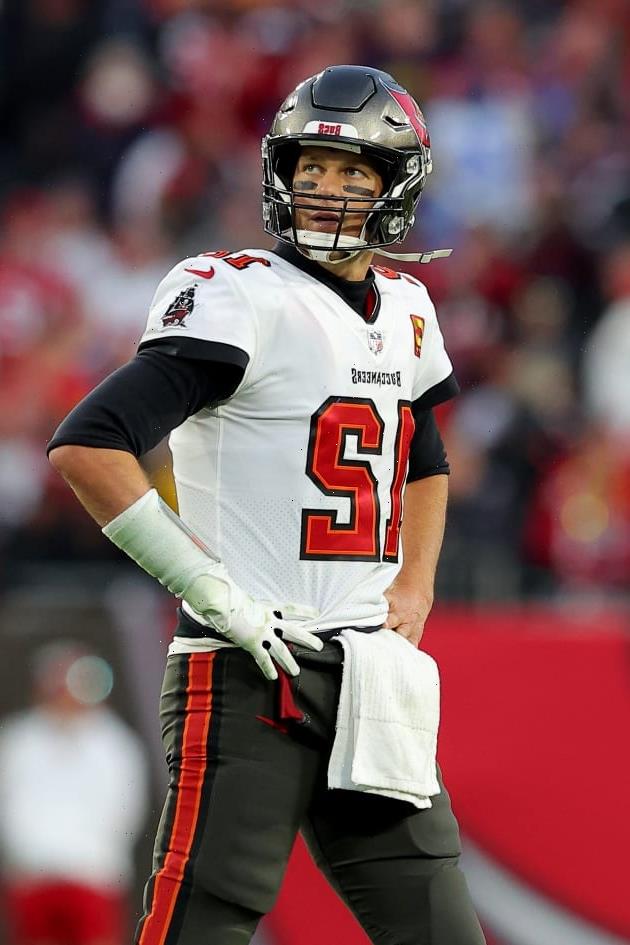The Creative Diversity Network’s fifth annual report on inclusivity in the U.K. TV industry shows a marginal improvement in diversity representation, but not in senior roles, while disability representation remains poor.
Diamond is a single online system used by the BBC, ITV, Channel 4, ViacomCBS, UKTV and Sky to obtain consistent diversity data on programs they commission. The Diamond report notes that “despite well-meaning initiatives across the industry and improvements in some areas, there is still a lack of real progress in terms of increasing representation by previously (and currently) under-represented groups.”
Of particular concern is disability, with representation by disabled people both on and off-screen remaining consistently lower across all genres, all broadcasters, and all job roles than the 18% of the U.K. population who declare a disability. Disabled people are making fewer than 6% of contributions across most senior roles and over the past three years, there has been a decrease in contributions by disabled people in the roles of director, producer-director and producer.
“There appears to be nowhere in the industry where disabled people thrive,” the report notes.
The diversity picture is better with off-screen contributions from Black, Asian and minority ethnic groups increasing from 9.7% in 2016-17 to 12.9% in 2020-21 and on-screen representation stronger at 20.9% 2020-21. However, representation remains low in the roles of director (9%), writer (9.6%), producer (10%), executive producer (7.3%) and head of production (9.3%). Within these, South Asian are least well represented, with their contributions declining both on and off-screen.
South Asians are significantly under-represented in roles such as director (1.3%), writer (1.5%) and executive producer (1.3%) in 2020-21 and in the same period, Black people remained underrepresented in the roles of director (1.5%), writer (1.9%), producer (1%), and executive producer (0.4%).
In terms of gender, women are more likely to be in non-senior roles (56.1%) than in senior roles (46.8%) where representation has fallen over the past three years from 50.4% to 46.8% and were particularly under-represented as writers (33.4%) and directors (26%) in 2021. People who identify as transgender are represented at levels lower than the U.K. population estimate of 0.8%. Representation is better on-screen where contributions have varied between 0.5 and 0.8% over the last five years. Offscreen representation is lower, at 0.3%.
Deborah Williams, executive director, Creative Diversity Network, said: “It’s a challenge to celebrate when five years on from our first report, the vast majority of our industry’s power-brokers — who commission content and run indies and broadcasters — are still from such a narrow range of backgrounds. Our analysis is that too much activity has been focused on increasing diversity at entry levels rather than breaking down the barriers to senior level representation. Diamond is a measuring tool, not the end product. Five years of data shows that concerted industry action is more important than ever.”
John McVay, CEO, Pact, added: “We clearly still have a long way to go, particularly in the representation of disabled people both on and off screen, but having such data available can only help us to work harder to improve the situation over the coming years.”
The heads of Diamond members have taken the report’s findings on board. Zai Bennett, MD of content, Sky U.K. and Ireland, said: “We acknowledge the Creative Diversity Network’s findings that more needs to be done across the TV industry to increase inclusion. We will continue to utilise this crucial data to inform our diversity strategy and to ensure that we see positive change in the areas that Diamond has highlighted.”
Tim Davie, BBC director-general, said: “We have plans in place to ensure we truly reflect the public we serve – both on and off screen. There is still further to go.”
Carolyn McCall, CEO, ITV, said: “More than 20% of ITV’s commissioning team are from an ethnically diverse background and improving representation is now embedded into our commissioning processes. Through disability access passports and ring-fencing opportunities for disabled talent, we hope to make a real difference on accessibility and access in our industry. Making fast progress on disability representation on and off screen is a big priority for us in 2022, and our teams are actively looking to nurture disabled talent on and off screen on forthcoming projects.”
Alex Mahon, chief executive, Channel 4, said: “While we’ve made good progress, there’s still much more to do. We will never stop challenging ourselves to improve diversity and accessibility to ensure the broadcast sector creates the necessary opportunities to make it truly representative of every community in the U.K.”
Source: Read Full Article


